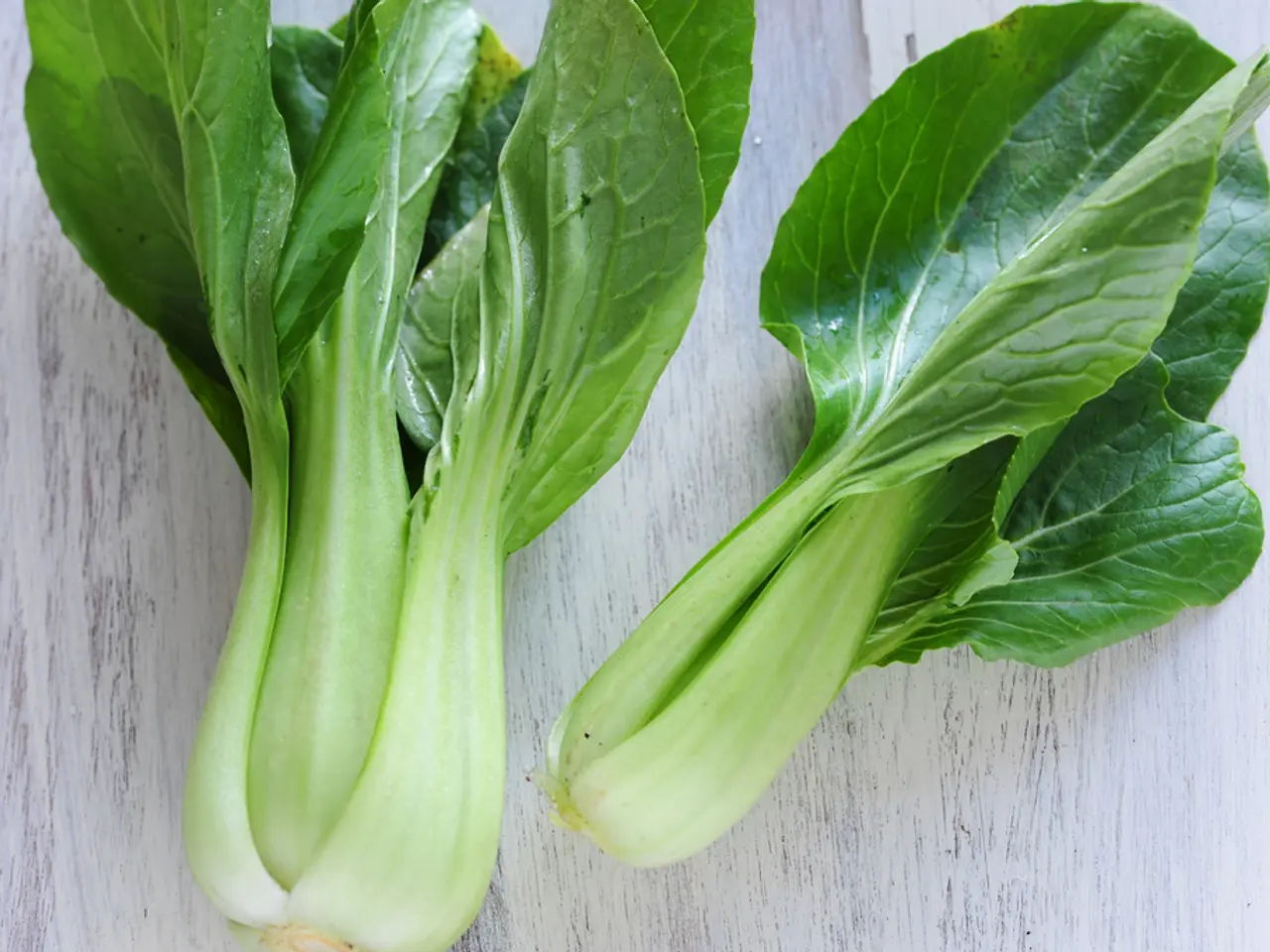Strategies for Cultivating Veggies in Oregon During Autumn and Winter
In the verdant Pacific Northwest, Portland, Oregon, offers a unique opportunity for gardeners to cultivate a bountiful harvest even during the fall and winter seasons. With its mild climate and USDA hardiness zones ranging from 6 to 9a, Portland provides an ideal environment for cool-season vegetables that thrive in cooler temperatures and can often survive light frost.
For those looking to extend their gardening season, the best options typically include leafy greens such as kale, collard greens, spinach, chard, and arugula. Root vegetables like carrots, beets, radishes, and turnips also perform well, as do brassicas such as broccoli, cabbage, and cauliflower. Alliums like leeks, onions, and scallions are also suitable for Portland's cool, wet climate.
To ensure a successful fall and winter garden, it's essential to prepare the soil and microclimate appropriately. Portland soils, often tight clay with low oxygen and organic matter, require amending with compost to improve drainage, fertility, and soil life. A well-drained soil is crucial to prevent root rot during the rainy season. Regularly adding compost and organic amendments supports healthy root development and nutrient availability.
When it comes to planting, cool-season crops should be planted when soil temperatures are around 50°F (10°C) or cooler but above freezing. Warm-season crops require warmer soil, so they should be avoided during fall and winter. Paying attention to soil temperature rather than just air temperature is crucial for optimal planting timing.
Protection from frost and rain is also vital during the winter months. While many cold-season crops tolerate light frost, protection can improve growth and survival. Row covers or floating blankets can be used to shield plants during severe frost or freezing nights. Raised beds can enhance drainage and reduce waterlogging, while temporary shelters like hoop houses or cold frames help prevent soil compaction and protect young plants from heavy rain.
By focusing on these cool-season vegetables, preparing your soil and microclimate accordingly, and taking the necessary precautions to protect your crops from frost and rain, you can successfully grow a productive fall and winter garden in Portland's climate. Monitor the forecast for a hard freeze to protect plants from late frost, and use the top couple of inches of soil for germinating seeds and planting seedlings with delicate root systems.
Remember, gardening in Portland, Oregon, can be challenging due to the changing weather, wind, fog, and cool temperatures that can slow down plant growth. Split the garden for hot and cold season crops for optimal use of garden space. If the climate is too hot, these crops can be grown indoors starting in July, then transplanted by the last week of August. Tomatoes, eggplants, and peppers should be planted in the ground during the first week of August. Use a non-woven polyester landscape fabric as cover for plants during hot weather.
With careful planning, preparation, and a bit of patience, Portland gardeners can enjoy a year-round bounty of fresh, homegrown produce. Happy gardening!
[1] [Portland Winter Gardening Guide](https://www.extension.oregonstate.edu/gardening/portland-winter-gardening-guide) [2] [Gardening in the Northwest](https://www.gardeninginthenorthwest.com/how-to/cold-weather-gardening-in-portland/) [3] [Portland Fall Gardening Tips](https://www.portlandoregon.gov/parks/79193) [4] [Amending Soil in the Pacific Northwest](https://www.extension.oregonstate.edu/gardening/amending-soil-pacific-northwest) [5] [Portland's Climate and Gardening](https://www.extension.oregonstate.edu/gardening/portlands-climate-and-gardening)
- For those seeking a health-and-wellness lifestyle, consider exploring food-and-drink options by growing cool-season vegetables in a Portland garden during the fall and winter seasons.
- In the pursuit of fitness-and-exercise, gardening can be an effective activity for improving the lifestyle of Portland residents, especially when attention is paid to soil preparation and the protection of crops against frost and rain.
- To further enrich your lifestyle and enjoy the benefits of science, turn your home-and-garden into a productive space by applying the knowledge of gardening and weather patterns to cultivate a bountiful harvest throughout the year.
- Lastly, don't forget that careful cooking of your homegrown vegetables can elevate the quality of your food-and-drink choices, contributing to an overall health-and-wellness-focused Portland lifestyle.




